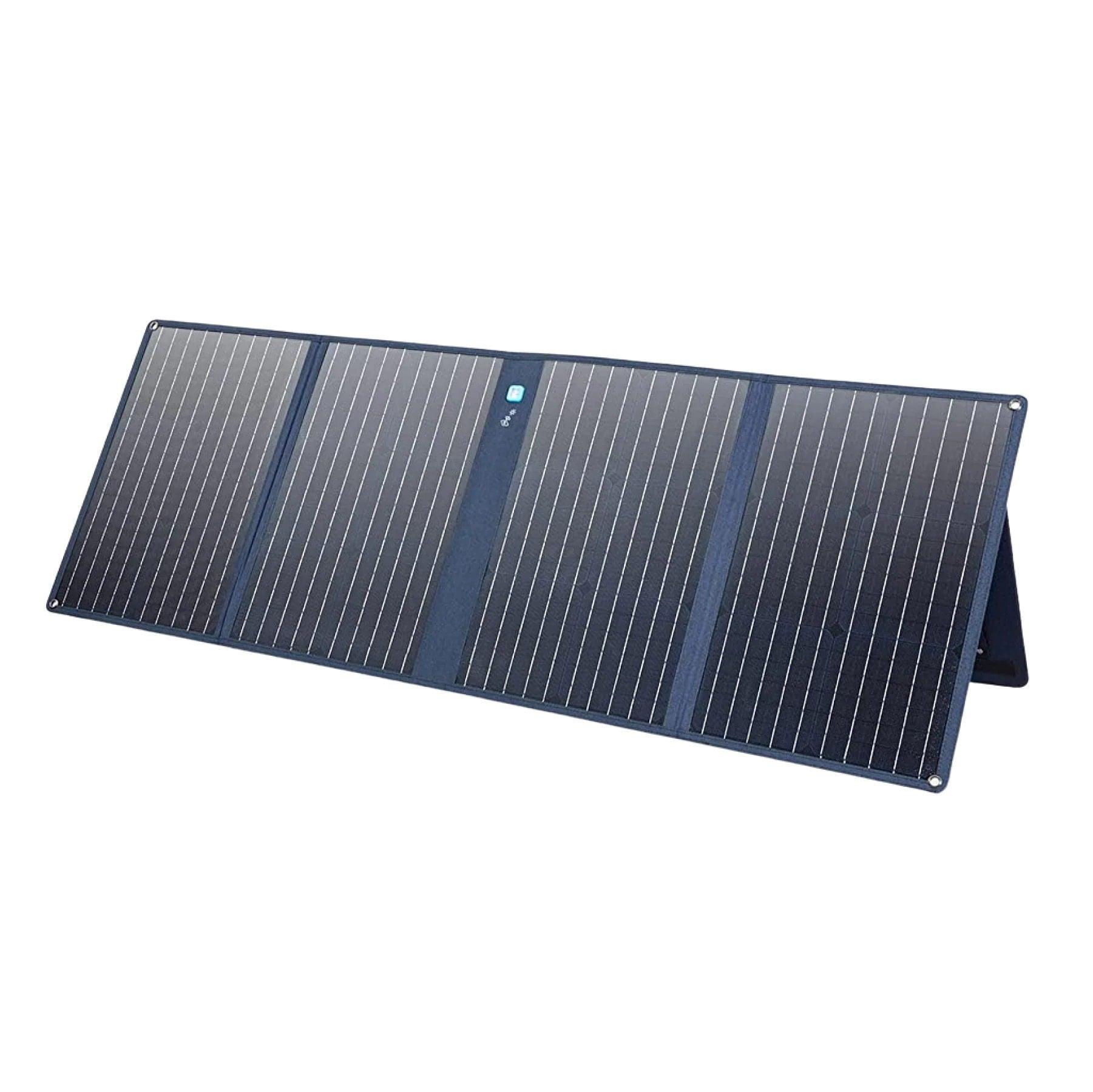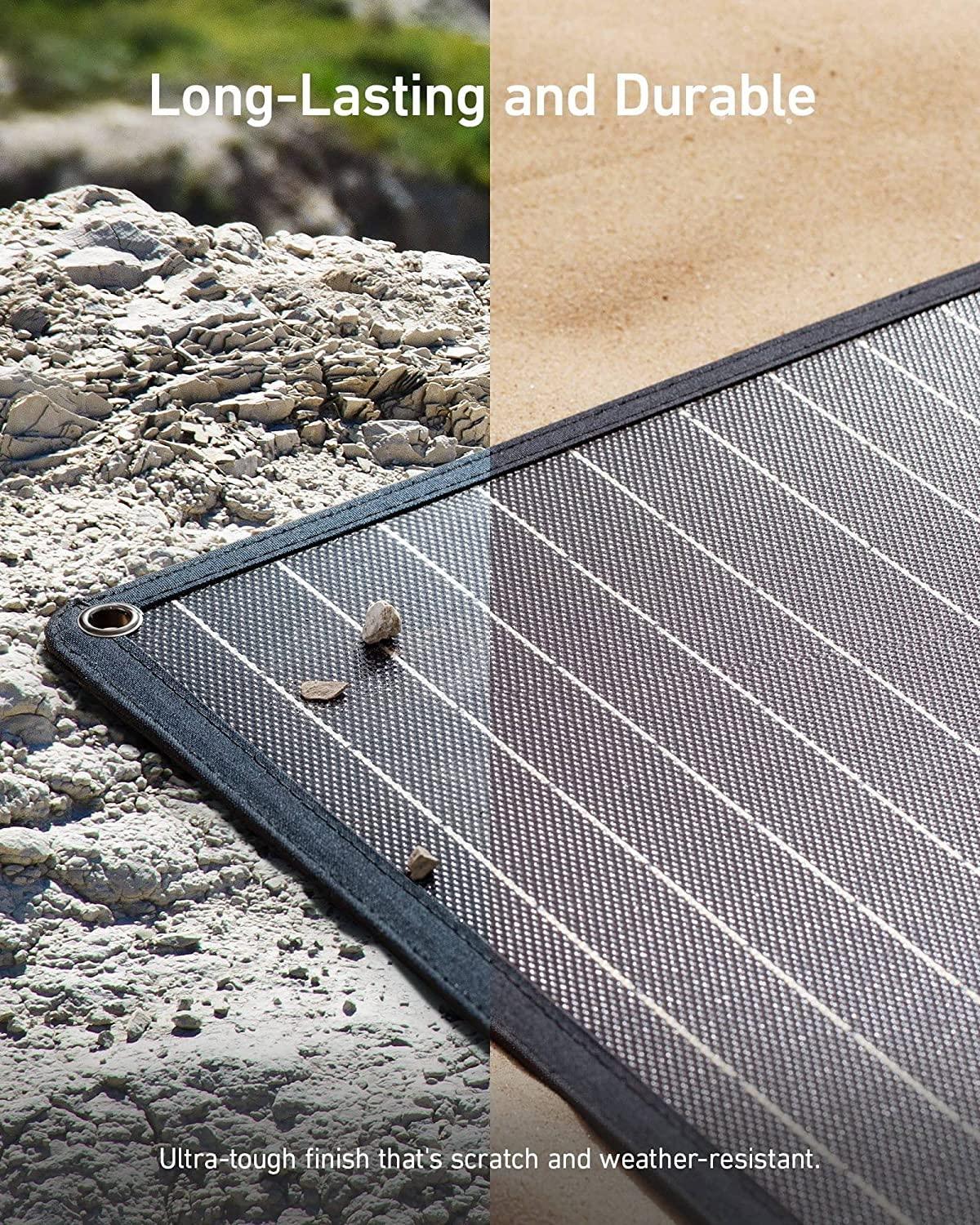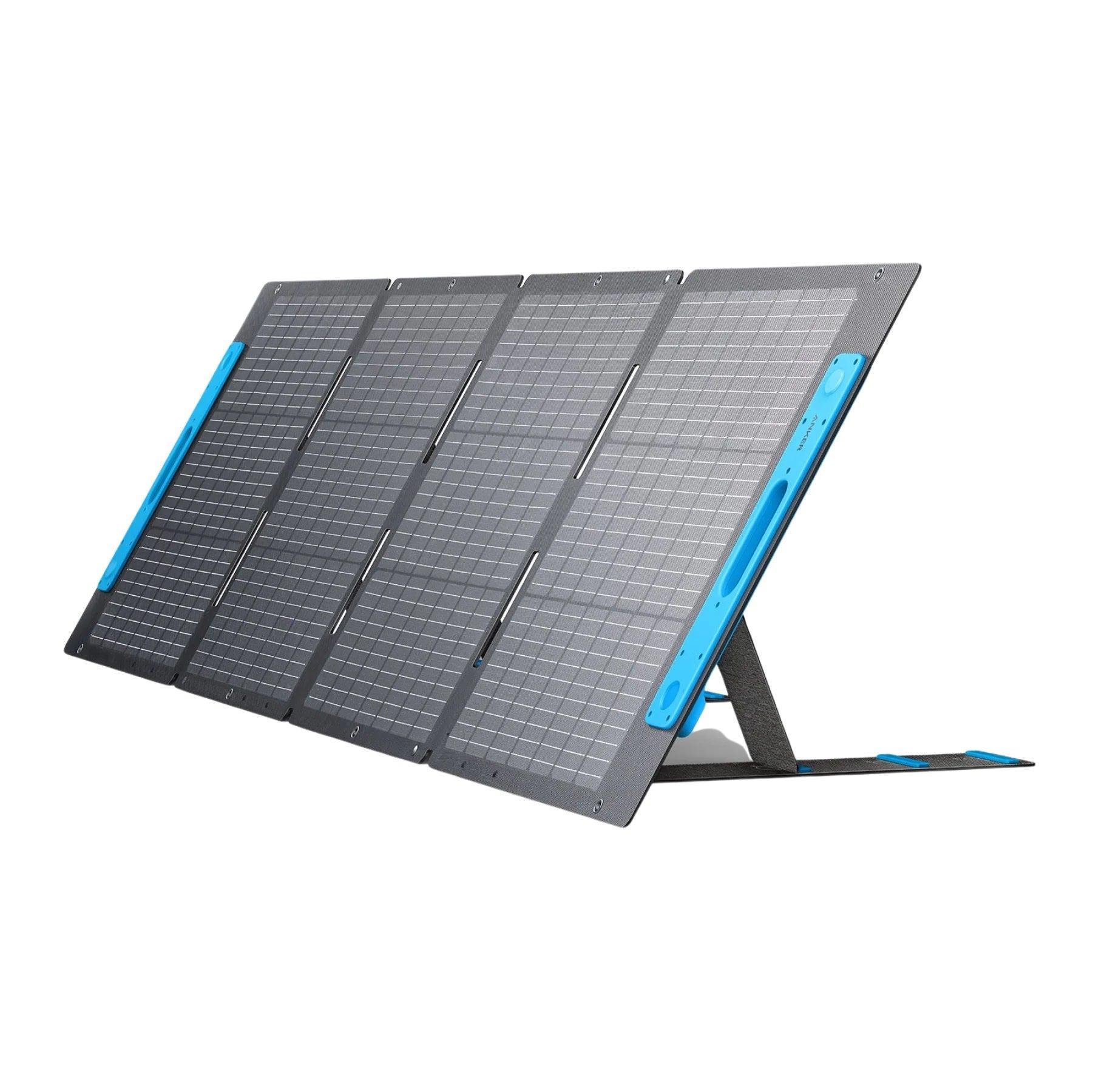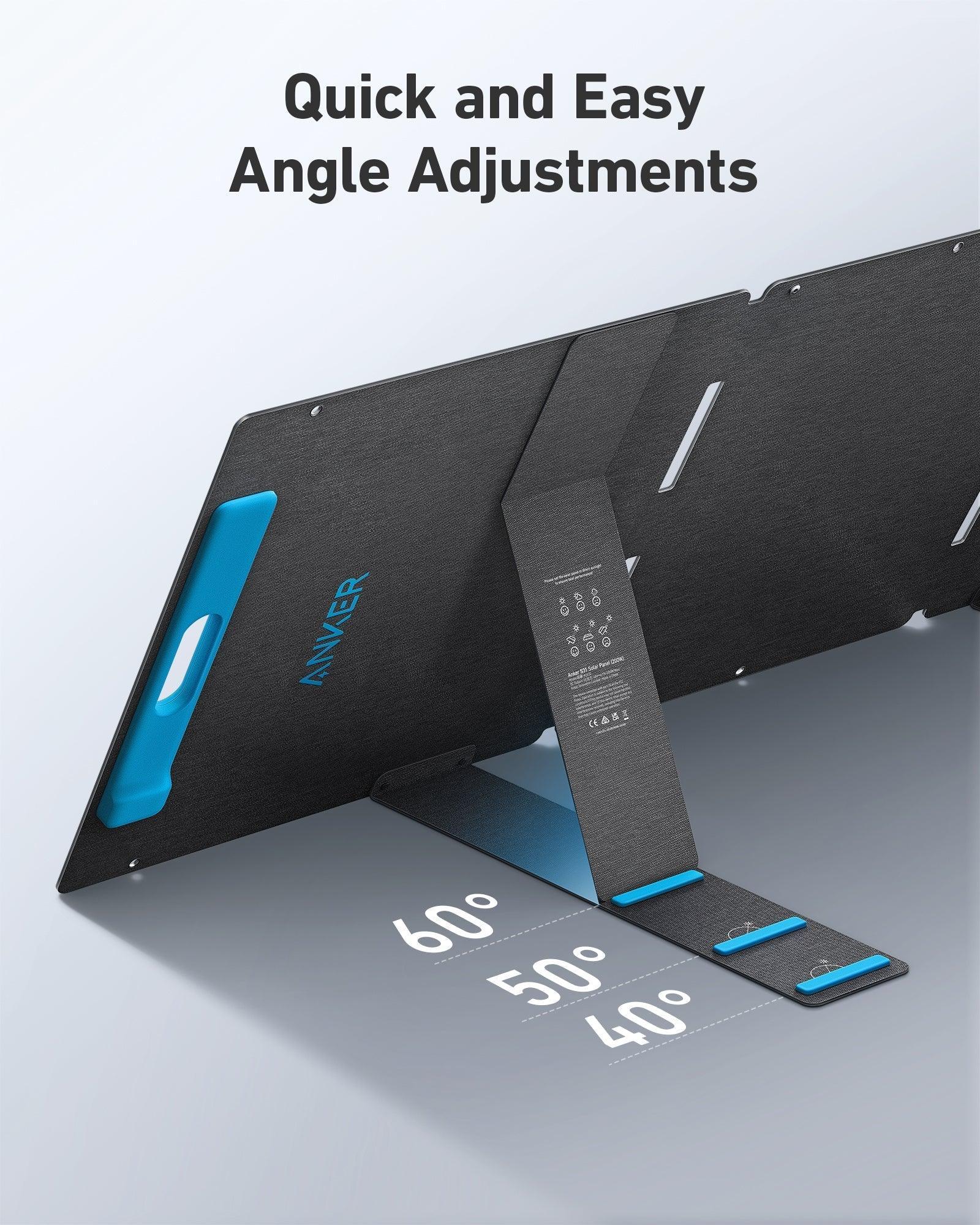Solar panel connectors are the unsung heroes of solar energy systems, playing a pivotal role in the efficient harnessing of sunlight. These unassuming components are the vital link that connects solar panels to the broader solar power system. Their significance cannot be overstated.
Why should you choose solar panel connectors for the solar energy system? The efficient connectors are essential to minimize energy loss during transmission. A well-chosen connector can enhance the system's overall efficiency, ensuring that every ray of sunlight is converted into valuable electricity. If you have difficulties choosing the desired solar panel connectors, including the features and compatibilities, here is a simple guide you should follow. Moreover, you can also find important tips for installation and disconnection from the article.

What Are Solar Panel Connectors?
Solar panel connectors are vital components in photovoltaic (PV) systems, responsible for linking solar panels to the broader solar power system. They serve as the electrical junctions that enable the smooth and safe flow of electricity generated by solar panels. Typically, these connectors come in pairs - a male and a female connector - designed for easy and secure plug-and-play connections.
Solar panel connectors are engineered to withstand outdoor conditions, ensuring long-term durability and safety. They play a critical role in converting the direct current (DC) electricity produced by solar panels into alternating current (AC) electricity, which is usable for homes, businesses, or feeding into the grid. These connectors are integral to the efficiency and reliability of solar energy systems, making them a fundamental component for harnessing renewable solar power.
Why Are Solar Panel Connectors Important?
Solar panel connectors are of paramount importance in solar energy systems due to their critical role in facilitating efficient and reliable electrical connections. Several key reasons underscore the significance of solar panel connectors:
- Electrical Connectivity: Solar panel connectors establish the electrical connection between individual solar panels, ensuring that the generated electricity flows seamlessly from panel to panel. This connectivity allows multiple panels to work together in a solar array, generating a combined output of energy.
- Efficiency: The quality of connectors impacts the overall efficiency of the solar system. High-quality connectors minimize power losses and resistance, optimizing the transfer of electricity from the panels to the inverter.
- Safety: Solar panel connectors are designed with safety features such as locking mechanisms that prevent accidental disconnections. This is crucial for protecting installers, maintenance personnel, and even homeowners from the risk of electrical shock.
- Scalability: Solar panel wire connectors make it easy to expand or modify solar arrays. New panels can be added to an existing system by simply connecting them using appropriate connectors, enabling homeowners and businesses to scale their solar installations as needed.

What are the Different Solar Panel Connectors Types?
Solar panel connectors play a crucial role in ensuring the efficient and safe operation of solar power systems. Here we list the 5 prominent connector types, MC4, TS4, T4, Radox, and TYCO SolarLok solar panel connectors, and their unique features:
1. MC4 Solar Panel Connectors:

Solar panel MC4 connectors are the prevailing standard in solar panel setups, providing a dependable and safe link between solar panels and other elements within a photovoltaic system.
Features:
- Industry Standard: MC4 stands for "Multi-Contact 4." These connectors have become an industry standard for solar panel connections.
- Waterproof and UV-Resistant: MC4 connectors are known for their weather resistance, making them suitable for outdoor use. They are waterproof and UV-resistant, ensuring long-term durability.
- Positive and Negative Pairs: MC4 connectors consist of a male (positive) and a female (negative) connector, making them easy to connect and disconnect. The "snap-in" design ensures a secure fit.
- High Current Capacity: They are designed to handle high current capacities, making them suitable for larger solar arrays and commercial installations.
- Ease of Installation: MC4 connectors are user-friendly and can be installed without special tools, making them a popular choice for DIY solar projects.
Applications:
Solar panel MC4 connectors are widely used in grid-tied and off-grid solar systems, ranging from residential rooftop installations to large-scale solar farms. Their robust construction and ease of installation make them versatile and reliable for various solar panel connections.
2. TS4 Solar Panel Connectors:

TS4 solar panel connectors are a type of smart module technology developed by Tigo Energy. They enable individual solar panels to be monitored and optimized for maximum energy output, offering enhanced flexibility and efficiency in photovoltaic systems.
Features:
- Modularity: TS4 connectors, part of the Tigo Energy Smart Module Platform, offer modularity and customization. They can be added to compatible solar panels as plug-and-play units.
- Enhanced Monitoring: TS4 connectors often include advanced monitoring and optimization features, allowing users to monitor and control individual panels' performance remotely.
- Safety Features: Some TS4 connectors come equipped with safety features like rapid shutdown functionality, which can enhance the safety of the solar system during emergencies.
- Compatibility: TS4 connectors are designed to work with a variety of solar panels, making them suitable for retrofitting and upgrading existing systems.
Applications:
TS4 connectors are particularly useful in scenarios where enhanced monitoring, control, and optimization are desired. They are commonly used in residential and commercial solar installations, especially those that prioritize panel-level performance monitoring and safety features.
3. T4 Connectors

T4 Solar Panel Connectors are robust and high-performance solar panel connectors designed for demanding solar installations. Manufactured by Amphenol, these connectors are known for their durability and ability to withstand harsh environmental conditions.
Features:
- Weather Resistance: T4 Connectors are built to withstand extreme weather conditions, making them ideal for outdoor solar installations.
- High Current Capacity: These connectors can handle high current capacities, making them suitable for commercial and utility-scale solar projects.
- Easy Installation: T4 Connectors are designed for easy and efficient installation, reducing labor time and costs.
- Secure Connection: They provide a secure and reliable connection, ensuring the consistent flow of electricity from solar panels to the rest of the system.
Applications:
T4 Connectors are commonly used in commercial and utility-scale solar installations due to their high current capacity and durability. They are especially suitable for projects where weather resistance and long-term reliability are crucial. Whether in remote solar farms or industrial settings, T4 Connectors play a vital role in ensuring the efficient and consistent generation of solar electricity. Their secure locking mechanism and ease of installation make them a preferred choice for professionals in the solar industry, contributing to the success of large-scale solar projects.
4. Radox

Radox solar panel connectors are renowned for their exceptional durability and reliability in demanding solar installations. Manufactured by Huber+Suhner, these connectors are engineered to excel in harsh outdoor environments, making them an ideal choice for industrial and commercial solar projects.
Features:
- Extreme Durability: Radox connectors are designed to withstand extreme conditions, including temperature variations, UV radiation, and moisture. They are built to last and maintain their performance over the long term.
- Secure Locking Mechanism: These connectors feature a secure and robust locking mechanism that ensures a tight and reliable connection, minimizing the risk of power loss or electrical faults.
- High Conductivity: Radox connectors provide excellent electrical conductivity, which is crucial for efficient power transmission in high-current solar installations.
- Proven Reliability: Radox connectors have a track record of reliability, making them a trusted choice for critical solar applications.
Applications:
Radox solar panel connectors are commonly used in industrial and outdoor solar installations where durability and resilience are paramount. These connectors excel in industrial solar projects, harsh outdoor environments, and large-scale solar farms.
5. TYCO SolarLok

TYCO SolarLok solar panel connectors by TE Connectivity are trusted components known for their reliability and versatility in solar energy systems. These connectors are designed to provide secure and efficient electrical connections, ensuring the smooth flow of electricity generated by solar panels. It is important to note, however, that these connectors have transitioned into an obsolete phase.
Features:
- Reliability: TYCO SolarLok connectors are built to meet high-quality standards, assuring consistent and long-lasting performance throughout the life of the solar system.
- Secure Locking Mechanism: They feature a secure locking mechanism that prevents accidental disconnection, reducing the risk of power loss or system faults.
- Weather-Resistant: These connectors are crafted to withstand various weather conditions, including UV exposure and moisture, making them suitable for outdoor installations.
- Ease of Use: TYCO SolarLok connectors are designed for ease of installation, reducing labor time and costs during system setup.
Applications:
TYCO SolarLok connectors are versatile and find application in various solar energy projects, including residential solar installations, commercial solar projects, grid-tied systems, and off-grid and remote applications.
Comparision Between Different Types of Connectors
By comparing the various types of solar panel connectors, you will gain valuable insights into their resemblances and distinctions while constructing your solar power system. The following table presents an array of factors to be taken into account.
|
Connector Type |
Manufacturer |
Key Features |
Common Applications |
|
MC4 |
Multiple Brands |
Industry-standard connector Waterproof and UV-resistant |
Residential and commercial solar installations
|
|
TS4 |
Tigo Energy |
Modularity and customization |
Residential and commercial solar installations with monitoring needs
|
|
T4 |
Amphenol |
Robust and weather-resistant |
Commercial and utility-scale solar installations |
|
Radox |
Huber+Suhner |
High durability and resistance to extreme conditions Reliable and long-lasting |
Harsh outdoor environments and industrial solar installations |
|
TYCO SolarLok |
TE Connectivity |
Proven reliability |
Residential and commercial solar installations |
Tips for Installation and Disconnect Solar Panel Connectors
Installing and disconnecting solar panel connectors may seem like a daunting task, but with the right knowledge and a few handy tips, you can complete the process. Follow the essential tips to install and disconnect solar panel connectors.
Installation Solar Panel Connectors Tips
- Safety First: Before beginning, ensure that your solar panels are not producing electricity. Cover the panels if needed to prevent exposure to sunlight. Always wear appropriate safety gear, including gloves and safety glasses.
- Inspect Connectors: Examine the connectors for any damage or debris. Ensure that they are clean and in good condition.
- Identify Male and Female Connectors: Solar panel connectors come in male and female pairs. Identify the correct connectors for each panel and double-check their polarity.
- Prepare Cables: Strip the insulation from the ends of the solar panel cables, exposing the conductor wires. Twist the wires tightly for a clean connection.
- Connectors Attachment: Insert the male connector into the female connector until they click securely into place. Make sure the connections are tight to prevent any electrical arcing.
- Sealing: Apply a weatherproof sealant (like silicone grease) to the connectors to protect them from moisture and corrosion.
Disconnect Solar Panel Connectors Tips
- Safety Precautions: Before disconnecting, ensure that the solar panels are not producing electricity. Cover the panels or disable them as needed.
- Release Clips: Most connectors have locking clips. Carefully release these clips to unlock the connectors.
- Disconnect: Gently pull the connectors apart, ensuring that you do not strain or damage the cables.
Conclusion
Solar panel connectors are vital for efficient solar power systems as they guarantee dependable and secure connections for your panels and other components. Well, you must know well about solar panel connectors, from their definition, and the importance, to the common solar panel connector types like MC4, TS4, T4, Radox, and TYCO SolarLok. Proper installation ensures safety and performance. Routinely check for damage and maintain weatherproofing. Make informed choices when selecting, installing, and maintaining connectors for a reliable and efficient solar panel system.
















